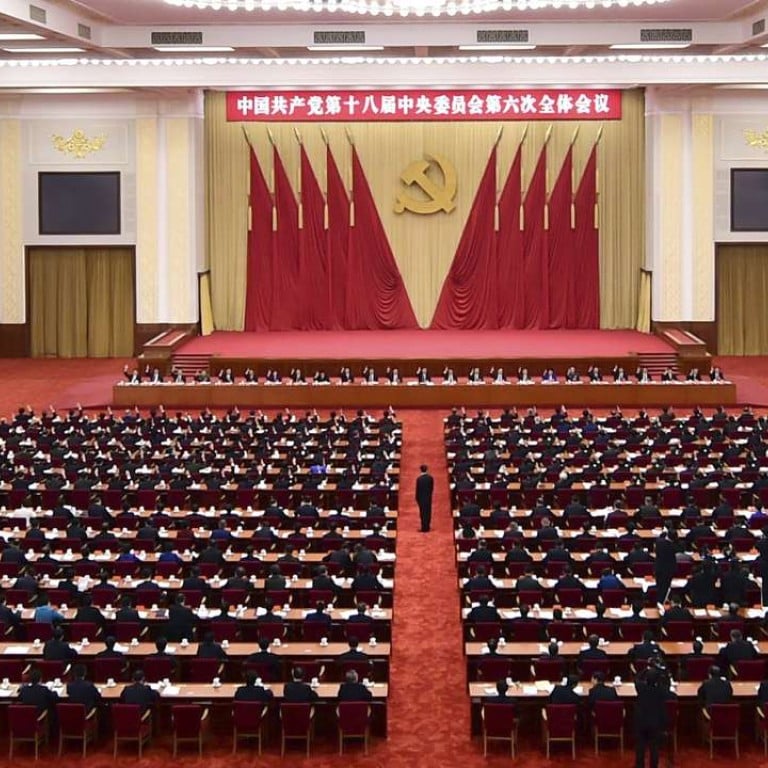
China’s Politburo tightens benefits for retired and present party, state leaders
New rules say officials should enjoy correct level of housing and vehicles, right number of staff and holidays, and they should leave their offices after retiring
The Communist Party’s decision-making Politburo has pledged to streamline and tighten the benefits for serving and retired party and state leaders, including housing, offices, holidays, vehicles and staff, state media reported.
A document passed by the Politburo at its monthly session on Wednesday stipulated that party and state leaders should have the correct standard of housing and vehicles, the right number of staff and a limited number of holidays each year, according to Xinhua.
The Politburo also stressed that party and state leaders had to move out of their offices in a timely manner after they had retired, the report added.
The statement gave no specific examples of wrongdoing, but Bo Zhiyue, a professor of Chinese politics at Victoria University in Wellington, New Zealand, said former president Jiang Zemin could be among the former top leaders who had kept their offices after retiring.
It has been widely reported that Jiang, who also served as chairman of the party’s Central Military Commission (CMC), had kept his office at the August 1 – or Bayi – Building, the headquarters of the world’s largest army in the heart of Beijing, for many years after leaving his military post in late 2004.
Bo also noted that there was speculation Jiang’s office during this retirement period was busier than that of then president Hu Jintao.
Bo said some state leaders still lived at Zhongnanhai – the downtown compound in Beijing where the top leaders work and live – after stepping down from their jobs.
“I’ve learned that relatives of former president Li Xiannian went on living in their residence in Zhongnanhai for years after Li’s death,” he added.
The Politburo’s decision, made public on Sunday, also emphasised that its existing members would be taking a leading, step-by-step role in abiding by the new rules, the report said.
There are now more than 100 serving and retired party and state leaders on the mainland.
The title of state leader refers to a vice national-level official, including vice-premiers, state councillors, deputy chiefs of the National People’s Congress, vice-chairpersons of the Chinese People’s Political Consultative Conference and heads of the Supreme People’s Court and Supreme People’s Procuratorate.
The term party leader covers those cadres within the hierarchy that includes alternate members of the Politburo or above, including members of the party’s Central Committee Secretariat and members of the CMC.

